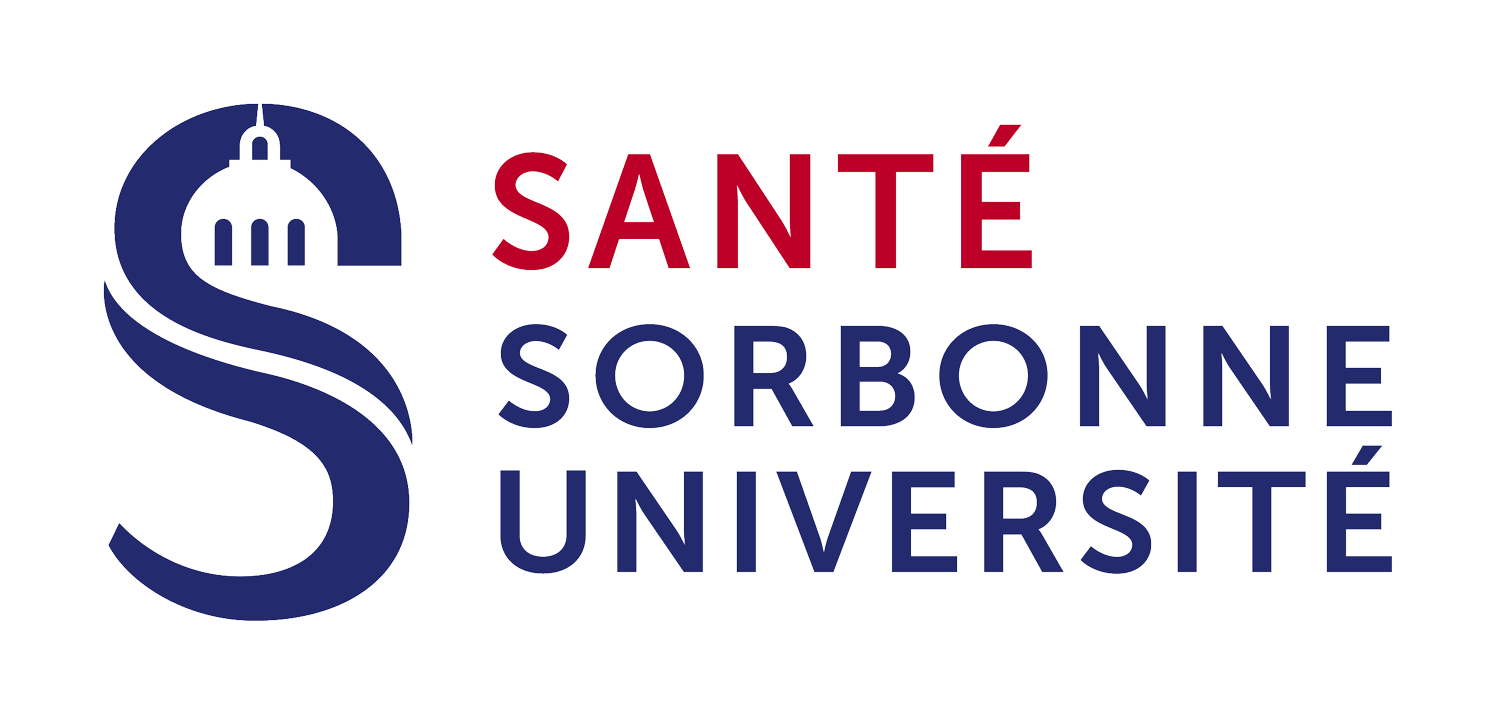The mental health benefits for fathers who take their two week paid paternity leave
Paternity leave can provide many benefits to family dynamics. Previous research has shown that paternity leave uptake is associated with fathers’ involvement in family activities, chores, and bonding with the child. Research exploring found that the quality and quantity of interactions the father has with their child during paternity leave can have positive effects on their child’s development, as well. Lastly, increased father involvement has been linked to children’s decreased behavioral problems in adolescence, increased social and relational functioning in childhood and adulthood, increased educational outcomes, and decreased likelihood of regular smoking in adolescence.
With all these benefits that paternity leave can provide, we wanted to explore how paternity leave may impact parental mental health. Prior to our investigation, no studies have investigated the effects of paternity leave use on post-partum depression risk in fathers, with one study exploring paternity leave use on post-partum depression in mothers in France.
In our study, We examined whether 2 weeks of paid paternity leave are associated with post-partum depression in mothers and fathers at 2 months after the birth of their child.
Barry KM, Gomajee R, Benarous X, Dufourg MN, Courtin E, Melchior M. Paternity leave uptake and parental post-partum depression: findings from the ELFE cohort study. Lancet Public Health. 2023 Jan;8(1):e15-e27 DOI: 10.1016/S2468-2667(22)00288-2





